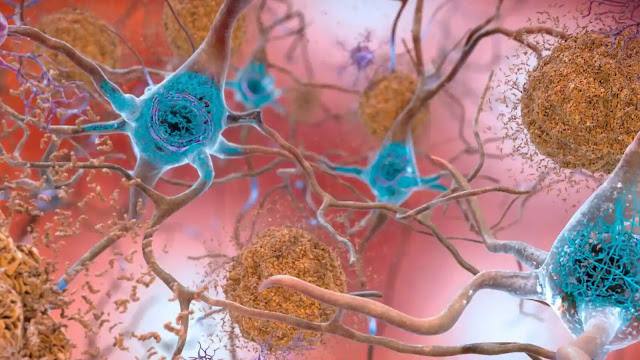A recent study suggests that the COVID-19 pandemic has had a significant impact on the mental health of teenagers, as their brains have aged faster during this time. The study, conducted by researchers at the University of Cambridge, analyzed brain scans from 47 healthy adolescents between the ages of 14 and 18. The participants underwent two scans, one before the pandemic and one during the pandemic, with an average gap of around 14 months between the two scans.
The researchers found that the teenagers' brains showed signs of accelerated aging during the pandemic. Specifically, there was a reduction in gray matter in several regions of the brain, including the prefrontal cortex, which is involved in decision-making and impulse control. The researchers also observed changes in the white matter of the brain, which is responsible for communication between different brain regions. These changes suggest that the brain's structural connections were altered during the pandemic, which could affect how the brain processes information and regulates emotions.
The study's lead author, Dr. Kirstie Whitaker, explained that the findings could have important implications for the mental health of teenagers during and after the pandemic. "The adolescent brain is going through a period of rapid development and maturation, which makes it particularly vulnerable to environmental influences," she said. "The changes we observed could have a lasting impact on mental health and wellbeing, so it is important to understand how they relate to the experiences of young people during the pandemic."
The study did not investigate the causes of the brain changes, but the researchers suggested that social isolation, disrupted education, and increased stress and anxiety could be contributing factors. They also noted that the effects of the pandemic on teenagers may be compounded by pre-existing social inequalities, such as poverty and discrimination, which can increase the risk of poor mental health outcomes.
The study's findings highlight the need for effective interventions to support the mental health of teenagers during and after the pandemic. The researchers suggested that targeted interventions, such as cognitive behavioral therapy and mindfulness training, could help to mitigate the effects of the pandemic on the adolescent brain. They also stressed the importance of social support and meaningful engagement in school and extracurricular activities to promote positive mental health outcomes.
In conclusion, the study suggests that the COVID-19 pandemic has had a significant impact on the mental health of teenagers, as their brains have aged faster during this time. The findings underscore the need for effective interventions to support the mental health of young people during and after the pandemic, particularly those who are already vulnerable due to pre-existing social inequalities.










0 Comments